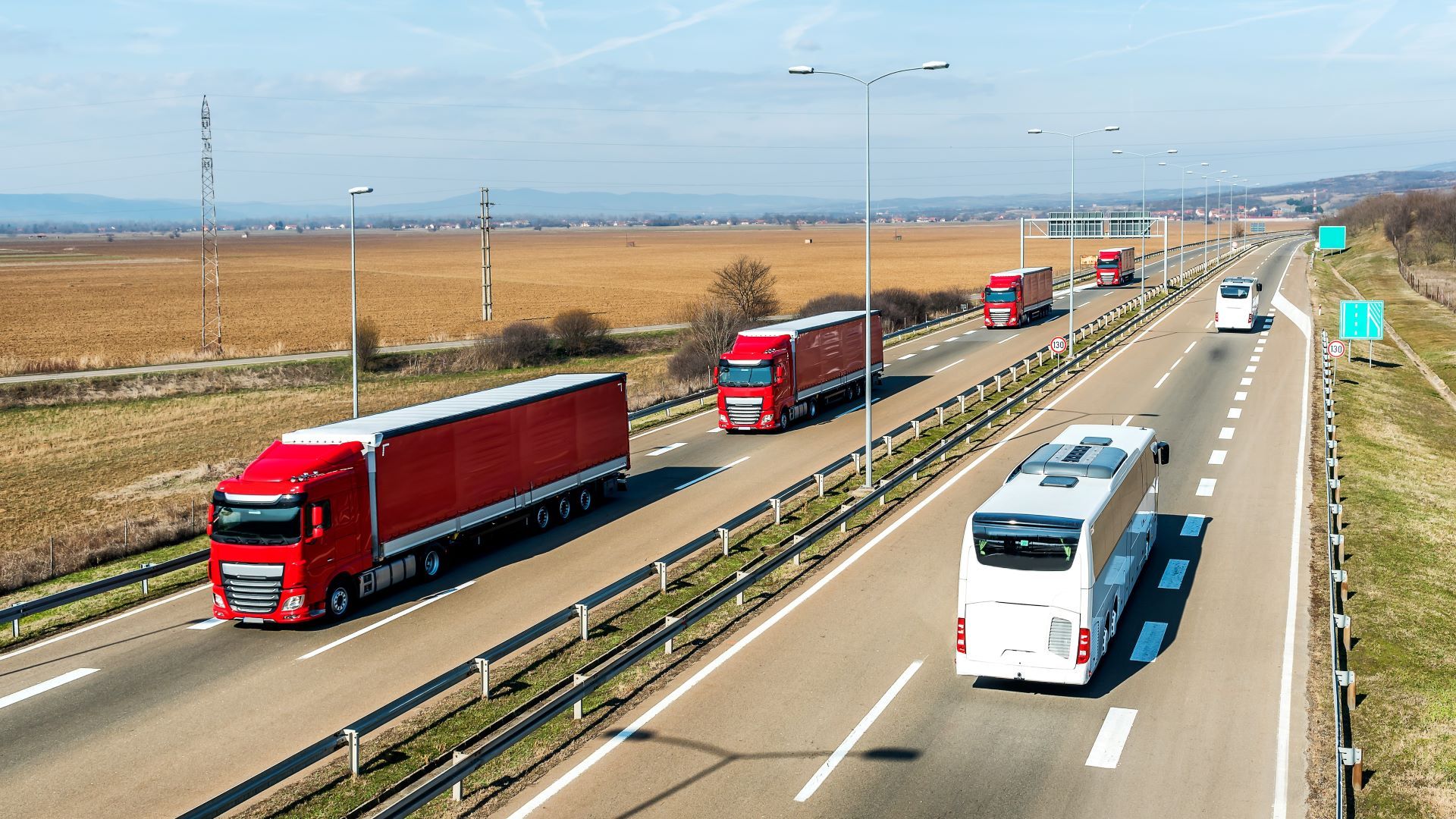The European Parliament has approved the revision of the regulation governing EU CO2 emission standards for new heavy-duty vehicles in the European Union. The decision comes at a crucial moment as CO2 emissions from heavy-duty vehicles have surged by 25% since 1990, constituting more than a quarter of total road transport CO2 emissions.
The European Commission initially proposed an ambitious expansion of the regulation's scope to include urban buses, coaches, trailers, and various other types of lorries. Additionally, it introduced CO2 emission reduction targets, with a 90% goal set for 2040. As a result of the S&Ds’ negotiation efforts with the other political groups, the scope of the initial proposal has been broadened to encompass lorries below 5 tonnes and vocational vehicles, such as garbage trucks, concrete mixers, street sweepers, and utility vehicles.
Unfortunately, the right wing, led by the conservative European People’s Party (EPP), managed to water down further ambitions on the 2035 target. This is the wrong pathway as we are transitioning our economy towards net-zero emissions. In order for the European heavy-duty vehicle industry to be the world leader, we need to send clear and ambitious signals to the market.
The S&Ds also pushed back right-wing parties’ attempts to postpone the 2030 deadline by which city buses in the European Union will have to become zero-emission vehicles.
CO2 standards for heavy-duty vehicles is a key file of the Green Deal, which the S&D Group put at the heart of the Commission’s programme at the beginning of this legislature and is now delivering on.
Christel Schaldemose, the S&D negotiator on the file in the European Parliament's environment committee, said:
"As we navigate the challenges posed by climate change, it is imperative that we take bold and decisive actions. The European Parliament's adoption of an extended scope, covering vocational vehicles and smaller lorries, coupled with an ambitious emission reduction target for 2040, marks a significant milestone in our efforts to address climate change.
“This revision provides a clear signal to the European truck industry: Investments in fossil fuel technologies of the past are slated to become stranded assets. Investing in decarbonisation, on the contrary, is the way forward both for our climate and our industrial competitiveness.”











